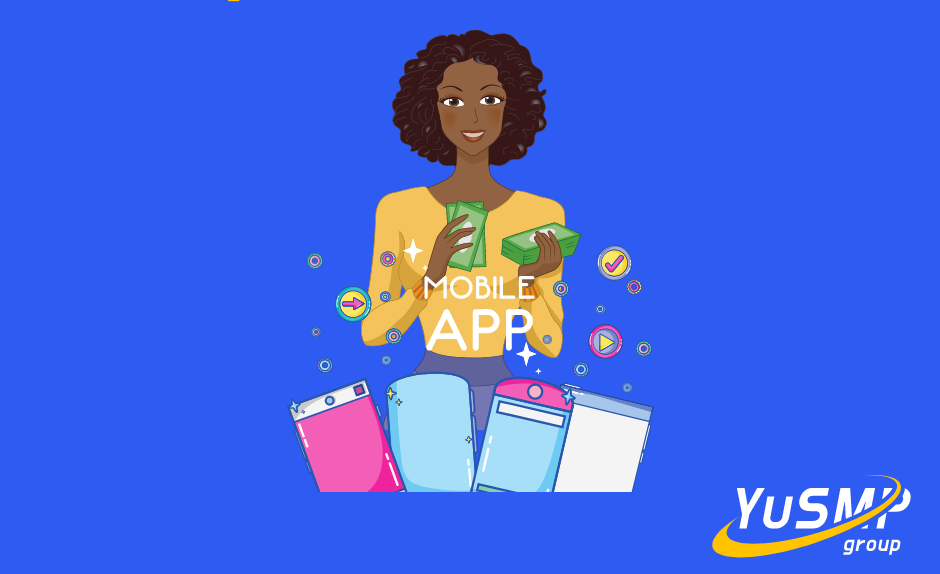Developing a new application is the first step to success. To gather a loyal audience around and earn income, it is necessary to develop a monetization strategy.

Statista specialists conducted a study that showed that over the past year, users of mobile applications spent more than $ 140 billion on them. Moreover, expenses are growing every year, and the options for earning money on applications are becoming more interesting and accessible.
At the moment, the most common business models are: advertising
- advertising sales;
- shareware applications;
- paid applications;
- making a subscription;
- In-App purchases;
- sponsorship.
Advertising sales
Monetization of the application by placing targeted advertising content in it. The good examples are well-known Facebook and Shazam.
The obvious advantage of this method is that the application has its own loyal audience, which downloads it for free, which means that a database of users with certain interests is quickly collected. If people see correctly configured ads that match their requests, then interest in the application does not decrease.
As a minus, we can only name the fact that there will always be dissatisfied users who will refuse the service due to frequently flashing ads.
Shareware applications
They are also called freemium. This is how it works: after downloading some of the content, users get it for free, and if it is not enough, then they can buy the rest separately.
The advantages of such a business model are flexibility. It can be used in almost all applications. If the user has appreciated the free part, it will be easier to convince him of the expediency of buying advanced functionality.
Do not forget that only a properly thought-out balance between the paid and free parts of the application will lead to the success of monetization.
Paid applications
The premium app is an obvious commercial option, but also the most labor-intensive. After all, it is necessary to present the application in such a way that a person has a desire to download the paid version.
For users, an undeniable advantage in this type of program is the almost absence of advertising, and for the creator — the minimum probability of a person's refusal from the purchased application.
But it is difficult to compete with free resources, so you will have to spend some money on advertising.
Making a subscription
This type of monetization is similar to shareware applications, that is, there is a certain free content, and for the rest you need to sign up for a paid subscription. The difference is that after payment, access is provided to the content, and not to the application. You can watch, read, listen to only a limited part of the content for free, after a Premium subscription-everything.
The obvious advantage is that the users of subscriptions are 100% loyal, and the creators have a constant income. Most often, such subscriptions are issued not on a one-time basis, but monthly.
Unfortunately, such a business model can not be used everywhere precisely because of the internet access.
In-App Purchases
A service for buying virtual goods. From the name itself, it is clear that such monetization involves real or virtual purchases in the application itself.
Obviously, this business model is aimed at earning money in the field of e-Commerce or mCommerce.
Sponsorship
A recently appeared business model that still requires time for verification and systematization. Its essence lies in the fact that the user, performing certain actions in the application, receives a reward. Incentive tasks are issued by the advertiser, and the developer receives a percentage of the reward.
Obviously, everyone gets their own benefit: both the advertiser, the user, and the creator of the application.
Each of the listed monetization methods has a demand from users. Therefore, if you decide to develop your own application, then immediately think about which paid functionality is more suitable for your business.
Are you thinking about mobile development? The Yusmp Group creates applications that are easy to promote and pleasant to use. Contact us — we will consult you for free and assess your project.